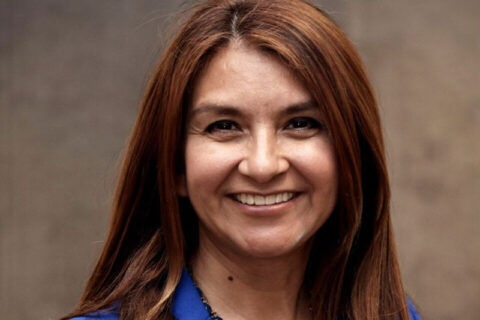Is Mental Illness Part Of Aging?
Mental health professionals should be very careful when diagnosing and treating older adults for mental health problems because there are a lot of factors such as physical illnesses, bereavement, stress, anxiety, dementia and depression that make this population unique. One of the most obvious factors during treatment is to ensure that the symptom that the older adult is experiencing is not a side effect of the many medications that older adults usually take.
While diagnosing depression in this population, it is important for mental health professionals to take depression seriously and not just assume that their depression is a normal factor of bereavement and fail to provide the treatment they need. Older adults are reluctant to seek mental health care because they believe certain illnesses are part of aging (Garrido, Kane, Kaas and Kane 2010). Some older adults have a negative view of mental illness, thinking it’s shameful and tend to try to hide it rather than treating it.
Therefore, it is important for health professionals to understand that if these older adults do not get the help they need, they might not be willing to seek help again in the future and this would be detrimental to their health. Studies have shown that severity and duration of depressive symptoms predict mortality and an increase for cardiac disease in this population (Blazer, 2003).
The type of treatment also merits attention, although the most convenient treatment for mental illnesses might be prescribed drugs, mental health professionals should do what is best for the patient and not what is more convenient or less expensive. Therapies such as cognitive behavioral therapy (CBT) and interpersonal therapy (IPT) have shown improvement in reduction of older adult’s symptoms of depression. Unfortunately only 27% of health professionals recommend CBT or IPT as treatment of depression for older adults (Blazer, 2003). In my opinion, only health professionals who are aware of the unique challenges that this population experience, should be allowed to diagnose and treat older adults. We need more specialists in Geriatrics who understand this population’s needs.


